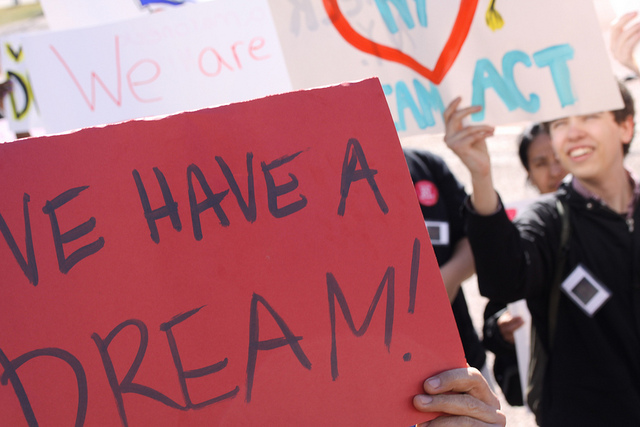What are my rights as an undocumented teen in the U.S.?

Do you know your rights as a DREAMER?* Federal and state laws may affect what you can and can’t do, at home, work, in the community and at school. It is important to be aware of your rights and responsibilities as an undocumented teenager.
Questions undocumented teens may need answers to
The following questions are just a few of what you may be considering, especially as you get older.
Can you be deported? The answer is yes, but under what circumstances?
Can you travel outside the United States. No. If you leave, you will have trouble returning unless you had the government’s approval to leave in the first place.
What should you do if contacted by the police or immigration authorities? Should you cooperate with any questioning, or ask for a lawyer before talking?
Can you legally work in the United States? No, unless the government has granted you employment authorization.
Can you get a Social Security Number? Not unless you obtain “lawful status” in the country.
Should you pay taxes? If you are working in the U.S., yes pay your taxes.
Can you receive public benefits such as Medicaid, family planning services, financial assistance, health care, shelter and food assistance?
Can you open a bank account?
What are your rights if you are a refugee?
Can you get a driver’s license?
Most of these questions depend on both federal law and individual state laws on the subjects mentioned. For further information, google “undocumented student legal rights.” You may see a specific post regarding your rights and the laws in your state.
*A DREAMER is a person brought to the U.S. as a child and is undocumented. Under the DREAM Act and subsequent DACA program, DREAMERs are allowed to remain in the country for two-year periods while awaiting a path to citizenship.
Photo by LongIslandWins (Flickr)


